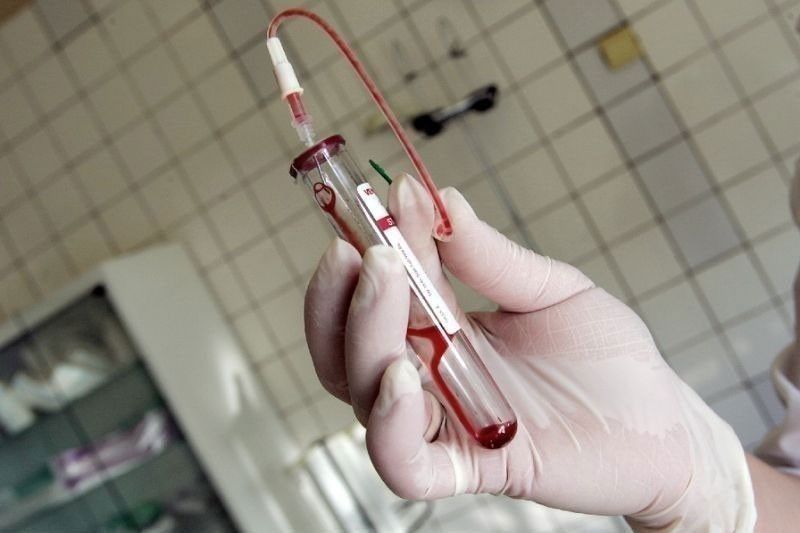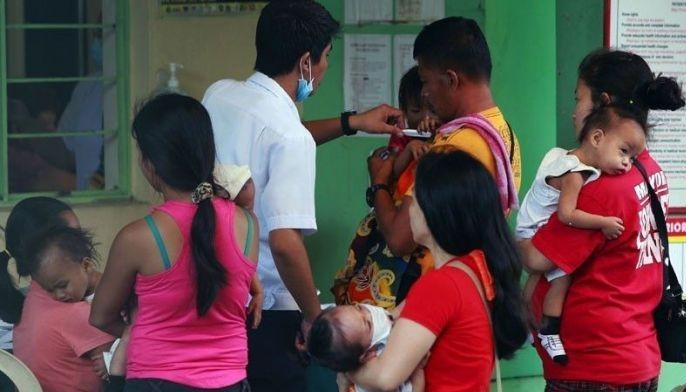Youth awareness of HIV, AIDS drops to all-time low: study

MANILA, Philippines — Amid growing cases of human immunodeficiency virus and acquired immuno-deficiency syndrome in the Philippines, the percentage of Filipino youth aware of HIV and /or AIDS has declined to its lowest level since 1994, results of a recent study suggest.
In a press release sent to media, UP Population Institute professor Maria Midea Kabamalan said that based on the 2021 Young Adult Fertility and Sexuality Study, 76% of young Filipinos aged 15- 24 have heard of HIV and/or AIDS, a 19-percentage point drop from 1994 when awareness stood at 95%.
According to the Department of Health, there were a total of 115,100 people living with HIV in the country in 2020, and 90% of the new infections were recorded among young males who have sex with males. The number of HIV cases is estimated to reach over 330,000 by 2030 if the numbers continue.
"This sustains the decrease observed in 2013, when the share of youth who have heard of HIV and/or AIDS declined to 83% from 95% in 2002," the release read.
"Information gaps can stall efforts to arrest the number of HIV infections in the Philippines, which has the fastest-growing HIV epidemic in the Asia-Pacific region."
Latest available data from the DOH’s Epidemiology Bureau under the HIV/AIDS and ART Registry of the Philippines also showed that there were 12,859 reported HIV cases from January to October 2022.
The study also found that among those who have heard of HIV and/or AIDS, only 19% or one in five youth has comprehensive knowledge of HIV.
The percentage significantly changed among women, to 19% in 2021 from 16% in 2013, but not among men, which only slightly changed to 19% in 2021 from 18% in 2013.
More than half or 52% of youth incorrectly believed that a person can get HIV by sharing food with someone who is infected. About two in five, on the other hand, did not believe that a healthy-looking person can have HIV.
Some 35% of young people also did not believe that a person can reduce the risk of getting HIV infection by using a condom during sex, contrary to multiple evidence that consistent condom use is very effective against HIV transmission.
YAFS5 data show a low level of condom use during high-risk sexual activities, such as transactional and casual sex, among male youth. — Franco Luna
- Latest
- Trending

































